Making small changes in every day life will have big/noticeable/positive impact on the environment. As per our day today life we can make some small changes which can bring us closer to the nature. The goal of sustainable living is to lessen the environmental impact that an individual or community has on the environment. It entails making deliberate decisions to lessen one’s ecological footprint and the amount of natural resources used on Earth.
It involves striking a balance so that we may fulfil our wants without compromising the capacity of future generations to do the same.
However, in general, living sustainably entails much more than simply cutting back on consumption, and since everyone’s definition of sustainability varies, it’s critical to determine what sustainable living means.
It’s true that we have to make some tiny changes in lifestyle but they don’t have to be difficult. It’s now easier than ever to live a more sustainable lifestyle.
Adopting Environmentally Friendly Practices in a daily life for a More Sustainable Lifestyle
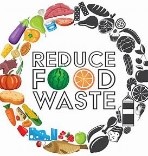
Reduce food waste, avoid buying too much, prepare only what you need, and avoid storing perishables. Adopting thoughtful consumption practices such as meal planning and adequate storage can significantly minimize waste, encouraging sustainability and a better lifestyle by conserving resources and lowering environmental impact.
Rejecting single-use plastic is critical because of its widespread use, extended lifespan, and negative environmental impact. Opting for reusable alternatives in goods and services is critical to combating plastic waste and advancing sustainability, resulting in a cleaner, healthier planet for future generations. Choosing products with Ecolabels and Eco-marks emphasizes our commitment to environmental responsibility. For example, using wooden cutlery and eco-friendly products with such labels can greatly reduce trash generation. Similarly, using reusable mugs and recyclable water bottles with recognized eco-labels reduces garbage creation and promotes a more sustainable lifestyle.


Genetically modified organisms have the potential to harm natural ecosystems and biodiversity. As a result, choosing natural and organically grown foods reduces the danger of unforeseen environmental impacts linked with genetically modified organisms.
Genetically modified organisms have the potential to harm natural ecosystems and biodiversity. As a result, choosing natural and organically grown foods reduces the danger of unforeseen environmental impacts linked with genetically modified organisms.
Furthermore, limiting meat consumption is critical due to the increased carbon footprint associated with the production of richer meats. Individuals who reduce their meat consumption not only reduce their carbon footprint, but also help to slow down environmental destruction. Furthermore, switching to a plant-based diet or limiting meat intake can have a variety of health benefits, including lower risk of chronic diseases. Overall, these dietary choices contribute significantly to sustainability, both in terms of individual and environmental health. Individuals can help to create a more environmentally friendly and healthier future by making thoughtful food consumption decisions.
Creating a compost pit entail accumulating all biodegradable garbage in order to reap its numerous benefits. Individuals can maximize the use of organic waste as a powerful fertilizer, a sustainable fuel source, and a haven for biodiversity protection by dumping it in a compost pit. This sustainable approach not only diverts waste from landfills, but it also improves soil quality and ecosystem health. Composting converts garbage into a valuable resource, demonstrating the principles of resourcefulness and environmental stewardship.
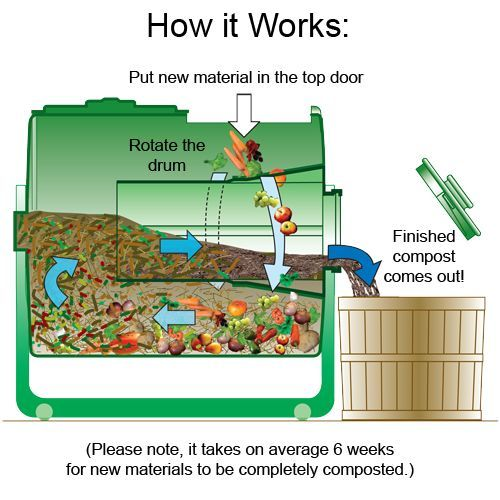
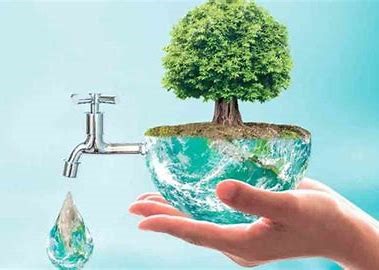
Being cautious of water usage is critical, as only a small part of the Earth’s water is appropriate for drinking or household use. Turning off the tap while brushing your teeth, correcting leaks, and using water-efficient products like low-flow showerheads and toilets are all important ways to save water. These actions benefit not just the environment by minimizing water waste, but also promote sustainable living. Individuals who adopt such practices help to preserve scarce water resources for present and future generations, promote environmental sustainability, and practice responsible management of natural resources.
Reducing automobile usage entails using public transportation or walking for short journeys, which saves money and reduces carbon emissions. Choosing alternative modes of transportation like carpooling, using electric vehicles, using bicycles for benefits both the environment and one’s physical health. These choices benefit both the environment and human well-being, emphasizing the link between individual acts and larger sustainability efforts.
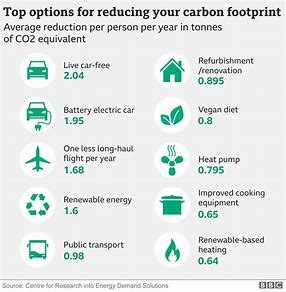

Turn off appliances when not in use to save electricity, and make sure they are properly maintained to avoid energy waste. Faulty appliances can consume more energy, underlining the significance of frequent maintenance to improve efficiency.
Instead of quickly discarding objects that break or malfunction, prioritize repair to extend their life. This strategy not only saves money, but it also eliminates waste and the need for additional raw materials, resulting in a more sustainable and environmentally responsible lifestyle.
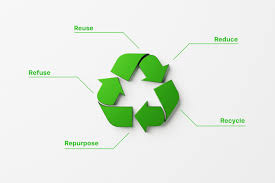
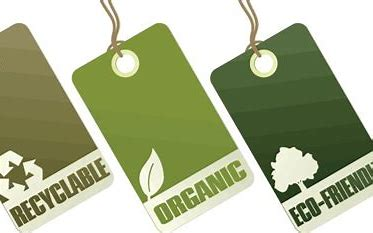
Choose environmentally responsible apparel and jewellery, which are frequently made by eco-friendly enterprises from recycled materials. This choice reduces the demand for additional raw materials, resulting in a beneficial environmental impact and promoting sustainable practices in the fashion sector.
Prioritize the use of environmentally friendly cleaning and non-toxic cosmetics in your everyday routine. By actively choosing environmentally friendly items, you help to reduce harmful chemical exposure and minimize environmental damage. These eco-friendly options not only help the environment, but they also promote healthier skin and a more sustainable lifestyle for you and future generations.


Instead of throwing away usable items, consider donating them. Not only does this help you simplify your environment, but it also helps people in need. Giving away stuff you no longer need helps to reduce waste and may improve someone’s quality of life.
Always keep in mind the wisdom of Gretchen Rubin: “What you do every day matters more than what you do once in a while.” This reminder emphasizes the importance of taking persistent, long-term actions over intermittent efforts. Quality and consistency in our daily decisions frequently overshadow the occasional big gesture. So, prioritize conscious and meaningful routines in your daily routine, as quantity does not always imply quality or effectiveness.

